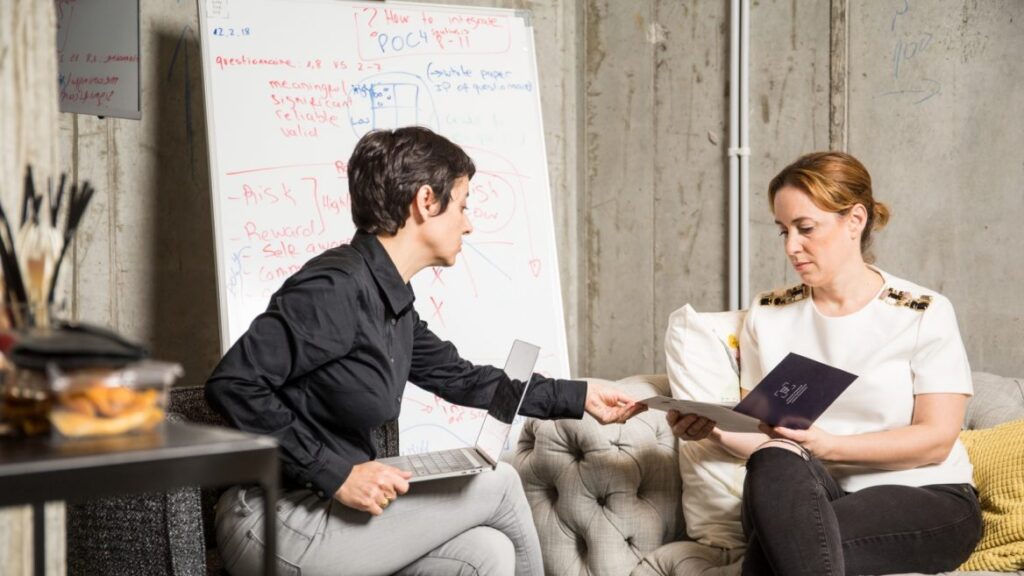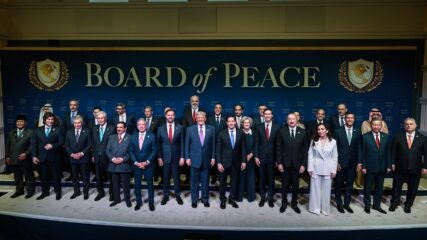The CEO of a fast-growing American software company needed a professional assessment of his management team before taking the company public. Productivity was declining and he wanted to know what changes should be made before the IPO. Seeking swift answers, he turned to two extraordinarily accomplished Israeli women, Inbal Arieli and Shirley Schlatka.









